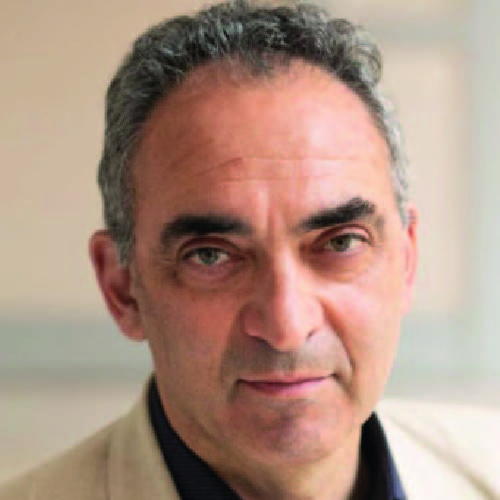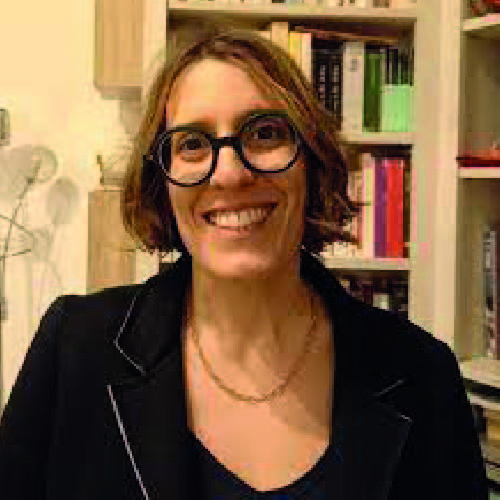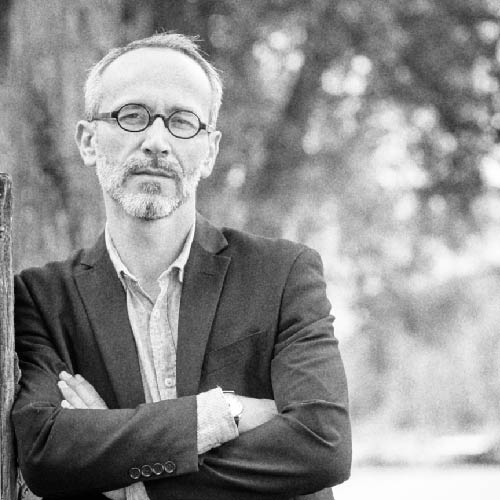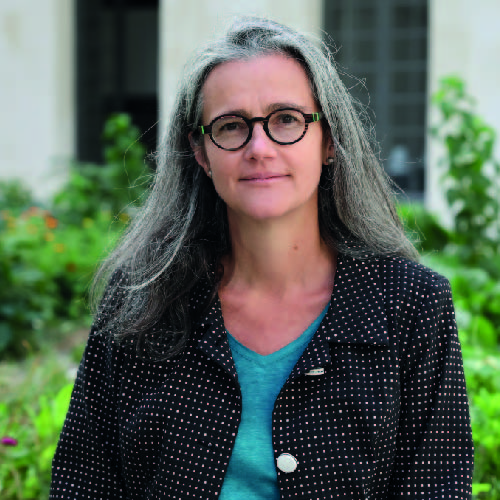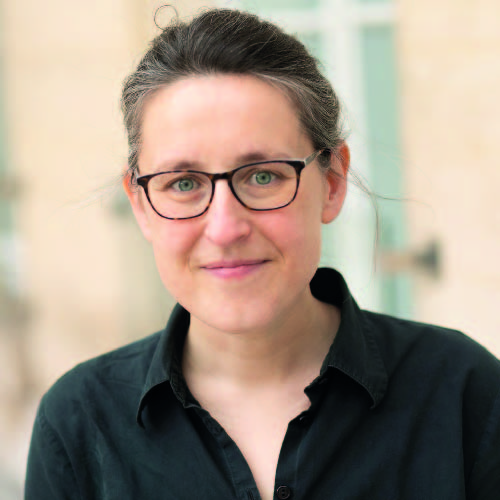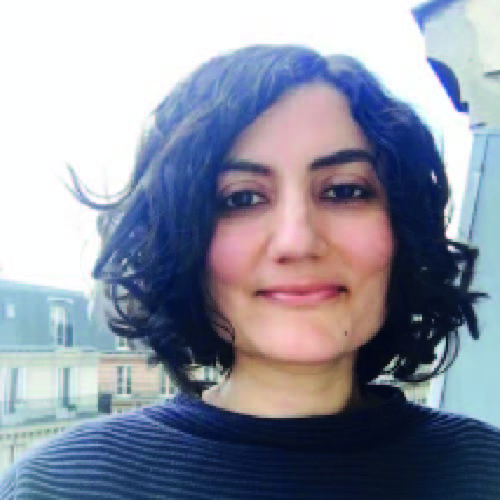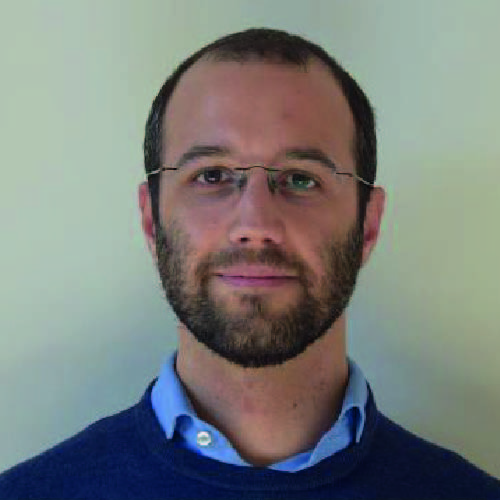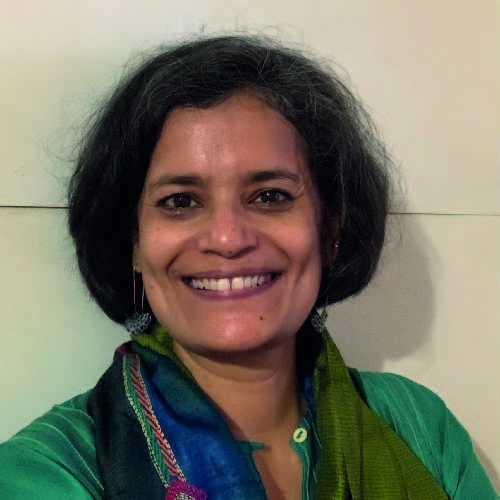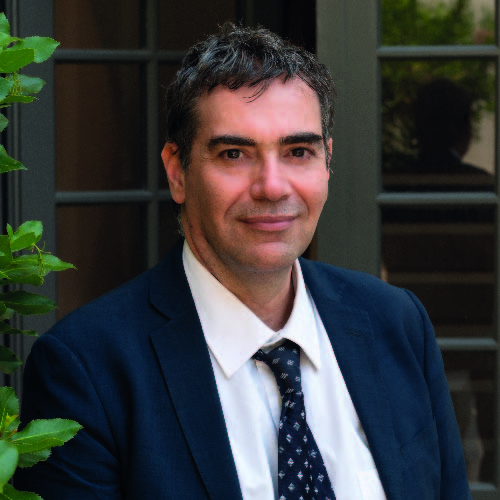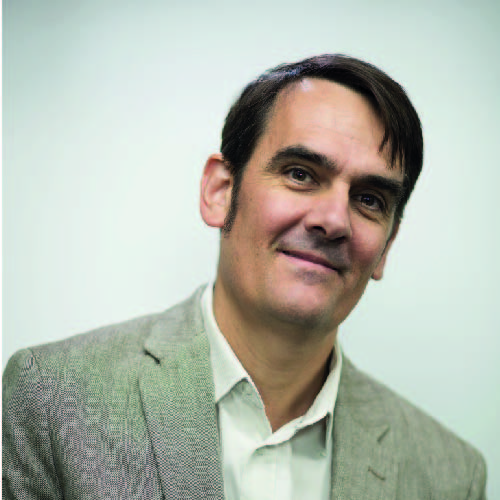AESOP 2024 ANNUAL CONGRESS | SPECIAL SESSIONS
36th AESOP Annual Congress 2024 Paris, France
“GAME CHANGER? Planning for just and sustainable urban regions”
Exploring Alternatives to Tourism and Alternative Tourism
Organizers:
- Emeline Hatt, Aix-Marseille Université
- Flavia Giallorenzo, University of Florence
- Alex Deffner, University of Thessaly
Mass tourism has, in many ways, laid siege to central destinations, its rhythm and cycles dictated by the ebbs and flows of the global economy. Concerns are mounting as the tourism landscape undergoes a significant transformation driven by the proliferation of low-cost flights and the rise of platforms like Airbnb. This shift's social, urban, and environmental consequences are becoming increasingly evident, as the impacts in terms of gentrification. Climate change calls into question the environmental sustainability of certain forms of tourism, while the tourism sector is responsible for 11% of France's Greenhouse Gas emissions. Certain sectors of the tourism economy are also vulnerable to the effects of climate change. Despite the impacts of these processes, the global tourism industry shows no signs of shrinking, even after strokes, as the COVID-19 pandemic demonstrated.
In response, local communities are mounting resistance and opposition in various forms and new forms of tourism emerge. Amidst this evolving landscape, pertinent questions arise:
- Which forms of resistance from the bottom and forms of regulation from urban planning systems have proven most effective in curbing externalities of mass tourism?
- Which governance paradigms and scales can fruitfully respond to/anticipate these externalities? What kind of actors are involved in the game, and, if convenient, how to improve negotiation between local communities, global stakeholders, and Institutions at any level?
- How can tourism be integrated into sustainable development planning and the circular economy?
The Special Session aims to set a debate around theories and practices related to:
- issues and challenges posed by mass tourism, especially in the context of climate change
- opportunities through innovative solutions explored by communities worldwide. It also raises the question of how development planning can support/regulate tourism dynamics in the context of climate change.
Theoretical contributions and case studies are welcomed to frame the debate under environmental, socio-political, and planning rationales. The session aims to evolve, indicatively, around these key- topics:
- environmental, social, and urban externalities of mass tourism
- governance scales and approaches for addressing tourism -related issues
- the role of local communities and global powers in the game and in tourism planning for climate change
- case studies about local reactions and forms of resistance to overtourism
- special interest forms of tourism as alternatives to mass tourism
- adapting territories and the tourism economy to climate change
- development and planning policies to regulate tourism dynamics
- local identity, co-creation and the role of place branding in tourism
- the temporal dimension of tourism: slow as opposed to ‘fast’
Keywords: overtourism, Airbnb, climate change, alternative forms of tourism, tourism community planning
LOC
The Local Organising Committee
